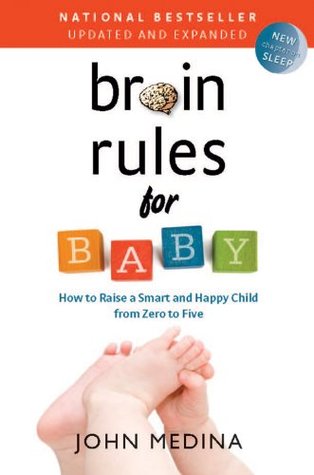More on this book
Community
Kindle Notes & Highlights
No commercial product has ever been shown to do anything to improve the brain performance of a developing fetus.
Women who take folic acid around conception and during the first few weeks of pregnancy are 76 percent less likely to create a fetus with neural tube defects than those who don’t take the supplement.
what you eat during the last stages of pregnancy can influence the food preferences of your baby.
Pica is a common disorder: a craving lasting longer than a month for eating things that aren’t food, like dirt and clay.
The researchers determined that mothers who ate more fish starting in the second trimester had smarter babies than those who didn’t.
Studies show that if you are not in shape, it takes you twice as long to transit through the “pushing phase” of labor
We know four of the most important sources of marital conflict in the transition to parenthood: sleep loss, social isolation, unequal workload, and depression.
“tabula rasa”—blank slate
If the children were adopted before the fourth month of life, they acted like every other happy kid you know. If they were adopted after the eighth month of life, they acted like gang members. The inability to find safety through bonding, by a specific age in infancy, clearly caused immense stress to their systems.
Children from divorced households are 25 percent more likely to abuse drugs by the time they are 14. They are more likely to get pregnant out of wedlock. They are twice as likely to get divorced themselves.
“Every time we get overly busy with work and family, the first thing we do is let go of friendships with other women. We push them right to the back burner. That’s really a mistake because women are such a source of strength to each other.”
People view their own behaviors as originating from situations beyond their control, but they view other people’s behaviors as originating from inherent personality traits.


